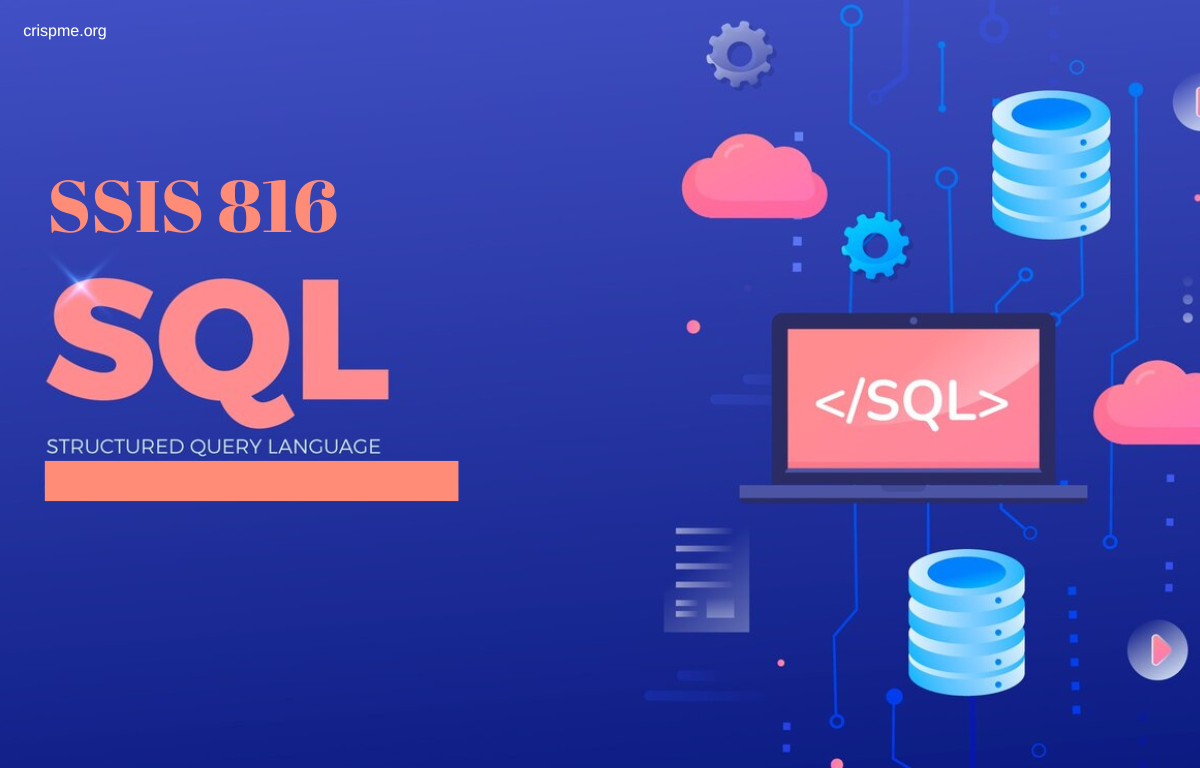Empowering ươmen Through One Of The Best Education
Introduction
One effective strategy for empowering women and advancing gender equality is education. In addition to giving all women equitable access to high-quality education and the knowledge and skills necessary for financial independence and economic empowerment, it is essential in questioning established gender conventions. This essay examines the many ways that education affects ươmen, highlighting how crucial it is for developing critical thinking, leadership, and self-assurance traits that allow women to actively engage in decision-making.
The Function of Education in Questioning Conventional Gender Norms ươmen
Long-standing preconceptions and conventional gender norms are being challenged in large part by education. It promotes a culture of equality and respect for one another by giving ươmen the same educational opportunities as males. By shattering the stereotype and establishing new expectations for upcoming generations, education inspires women to pursue jobs and roles that have historically been filled by men.
Fair Access to High-Quality Education
For ươmen to be empowered, they must have access to high-quality education. Regretfully, a lot of obstacles still stand in the way of women getting the education they are entitled to. Cultural conventions, financial limitations, and regional restrictions are some of these obstacles. By tackling these challenges, we can guarantee that every woman has the chance to develop and learn.
Knowledge and Financial Independence
Empowerment in the economy is among the biggest advantages of education for ươmen. ươmen may launch enterprises, get work, and become financially independent with the knowledge and skills that education gives them. In order to end the cycle of poverty and improve women’s and their families’ general quality of life, economic empowerment is essential.
Building Leadership Capabilities
For ươmen to develop leadership abilities and self-confidence, education is essential. Women acquire the skills necessary to take on leadership roles in a variety of industries, express themselves freely, and make educated judgments. In order for women to actively engage in the social, economic, and political spheres, they must possess these abilities.
Education-Related Health Outcomes
Because they are more knowledgeable of family planning, reproductive health, and illness prevention, educated ươmen typically experience better health results. When it comes to their own and their families’ health, they are more likely to seek medical attention and make wise judgments. This information greatly lowers health risks and encourages communities that are healthier.
Making Well-Informed Healthcare Decisions
Education enables ươmen to make knowledgeable decisions about their health. In order to ensure better health for themselves and their families, they are more inclined to access and use healthcare services. Well-educated women recognize the value of routine examinations, immunizations, and preventative care, which improves health outcomes.
Putting off getting married and having children
Delaying marriage and encouraging family planning are two important advantages of schooling. Because they are more likely to delay marriage and have fewer children, educated ươmen can put more money into their own and their children’s futures. Better health and economic results are also a result of delaying marriage and having fewer children.
Putting Money Into Education for Kids
Education is something that educated women are more inclined to value and contribute to their kids’ education. Long-term gains can be realized from this investment because educated kids are more likely to thrive in school and the workplace. As a result, whole communities gain from a constructive cycle of empowerment and education.
Support for Government and Policies
Promoting women’s education is a major responsibility of governments and lawmakers. ươmen can have equal opportunity to learn and develop in an environment where policies that support gender equality are put in place and education infrastructure is invested in. Closing the education gap requires financial assistance, scholarships, and educational initiatives designed with women in mind.
monetary assistance for families
Women’s education can be greatly impacted by giving families financial help. The financial burden of education is lessened and education becomes more accessible for women from all backgrounds thanks to financial aid, grants, and scholarships. This kind of assistance is essential to preventing financial limitations from impeding women’s access to higher education.
Dealing with Violence Based on Gender
In order to confront and prevent gender-based violence, education is a very effective approach. Educated ươmen are more likely to know their rights and to report abuse to authorities. Safer communities must be achieved through community-based initiatives that teach men and women about gender equality and the prevention of violence.
Encouragement of Female Leadership
Women’s leadership is greatly aided by communities and civil society organizations. In order to cultivate a culture of female leadership, it is imperative to support financial initiatives, advocate for gender equality, and create community-based programs that empower women. We can encourage gender equality and societal progress by assisting women in leadership positions.
Conclusion
To sum up,education plays a vital role in empowering ươmen and advancing gender equality. It breaks down barriers between genders, gives everyone access to high-quality education, and gives women the information and abilities they need to become financially independent and empowered in the workforce. In the end, educated women create positive change in their communities and beyond because they are healthier, more self-assured, and more inclined to engage in decision-making processes. It is not only morally required, but also a calculated investment in a more promising and decent future for everybody, to support women’s education.
FAQs
What is the economic empowerment of education for women?
Women become more economically empowered when they receive the information and skills needed to launch enterprises, find work, and become financially independent.
What obstacles do women encounter when trying to get an education?
Obstacles preventing women from attaining high-quality education include cultural standards, financial limits, and regional restrictions.
What effect does education have on women’s health?
Because educated women are more knowledgeable of family planning, reproductive health, and illness prevention, their families and communities tend to be healthier.
Why is it crucial for women’s empowerment to postpone marriage?
Delaying marriage enables women to devote more time to their studies and careers, improving their families’ financial and health situations.
How do governments help to advance women’s education?
By making investments in school infrastructure, enacting laws promoting gender equality, and offering financial assistance to families, governments can encourage women’s education.




